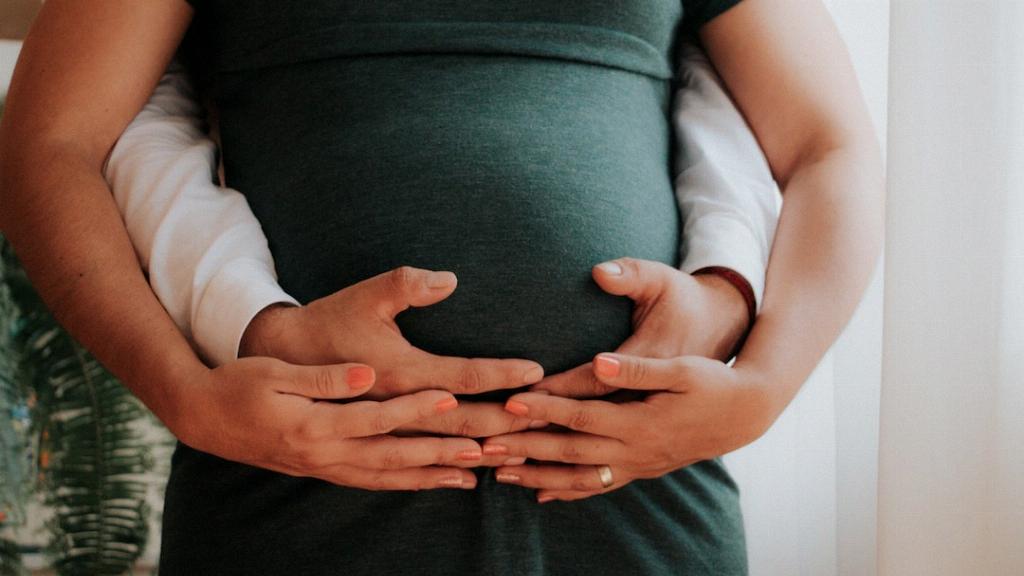When it comes to pregnancy, proper nutrition is essential for the health of both the mother and the developing baby. One key nutrient that plays a crucial role during pregnancy is folic acid. If an expectant mother lacks an adequate amount of folic acid before and during pregnancy, the consequences can be significant.
One of the primary risks associated with a deficiency in folic acid during pregnancy is an increased likelihood of neural tube defects in the developing baby. Neural tube defects are serious birth defects that can affect the spine, spinal cord, or brain of the fetus. These defects can have long-lasting implications for the child’s health and well-being.
One of the most common neural tube defects that can occur due to insufficient folic acid is spina bifida. Spina bifida is a condition where the spinal cord and spine do not fully form during pregnancy, leading to various complications after birth. In severe cases, spina bifida can cause paralysis and other neurological issues in the affected child.
Moreover, inadequate folic acid intake during pregnancy can also increase the risk of anencephaly, another type of neural tube defect. Anencephaly is a serious condition where a portion of the baby’s brain and skull do not develop properly. Sadly, babies born with anencephaly typically do not survive for an extended period after birth.
Furthermore, aside from neural tube defects, a deficiency in folic acid during pregnancy can lead to other health issues for both the mother and the baby. Maternal folate deficiency has been linked to a higher risk of preterm birth, low birth weight, and even placental abruption, which can be life-threatening for both the mother and the baby.
When discussing the effects of folic acid deficiency during pregnancy, it is crucial to underscore the importance of prenatal care and proper nutrition. Pregnant women are often advised to take prenatal vitamins that contain an adequate amount of folic acid to reduce the risk of these adverse outcomes. Additionally, consuming a diet rich in folate-rich foods such as leafy green vegetables, beans, and fortified grains can also help prevent folic acid deficiency.
Ultimately, the consequences of a lack of folic acid during pregnancy are far-reaching and can have a lasting impact on both the baby and the mother. By prioritizing proper nutrition, regular prenatal care, and folate supplementation, expectant mothers can help safeguard their health and the well-being of their unborn child.

